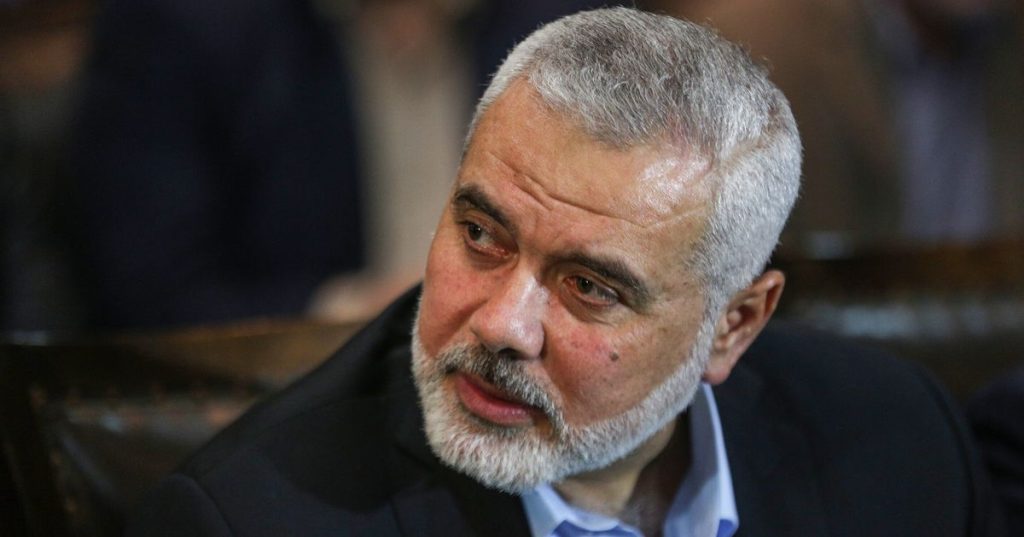After months of uncertainty surrounding whether Hamas will maintain its political headquarters in Doha, a recent series of developments suggest that may no longer be the case. The Wall Street Journal recently reported that Hamas approached two regional governments to potentially host its leaders instead of Qatar. Rep. Steny Hoyer and other Republican lawmakers have expressed opposition to Qatar hosting Hamas leaders, prompting Qatar to conduct a full evaluation of its role in mediation. Established in 2012 with U.S. encouragement, the Hamas office in Qatar has long been a source of concern for hawkish Americans and hard-right Israelis, who see no value in maintaining a dialogue with a designated terrorist group.
In interviews with prominent Hamas leaders, they have expressed flexibility about potentially relocating their political leadership, which may undermine the assumption that forcing them to move would significantly pressure the group. While the U.S. may want Hamas to leave Qatar, it is unclear if this will ultimately lead to any concessions from Hamas in ongoing negotiations. Top Hamas figures initially moved to Doha to evade Israel in Syria, with the U.S. supporting the move in hopes of using Qatar as a friendly intermediary for Israeli-Palestinian peace negotiations.
Hamas continues to assert its importance in Israeli-Palestinian discussions and insists on being central to any resolution. Despite speculation about potential moves to countries like Iran or Turkey, Hamas maintains that they are prepared to endure the complexities of relocation. The outcome of the location debate will be crucial in determining how Hamas evolves and could impact the prospects for peace in Gaza. Some believe that moving to Turkey could complicate matters for the U.S., while successfully dislodging Hamas from Qatar may help Hamas leverage complaints about Israeli aggression in future negotiations.
The presence of Hamas in Qatar has sparked fierce debates in the U.S. about the strategy of engaging with a designated terrorist organization. With concerns about the fate of Israeli hostages and ongoing violence in Gaza, lawmakers are divided on how to address the issue. Some advocate for pressuring Qatar to expel Hamas leaders, while others argue that engaging with Hamas is necessary for realistic negotiations. The uncertainty surrounding Hamas’ potential relocation and the ongoing conflict in Gaza suggest that the U.S. will continue dealing with Hamas for the foreseeable future.


